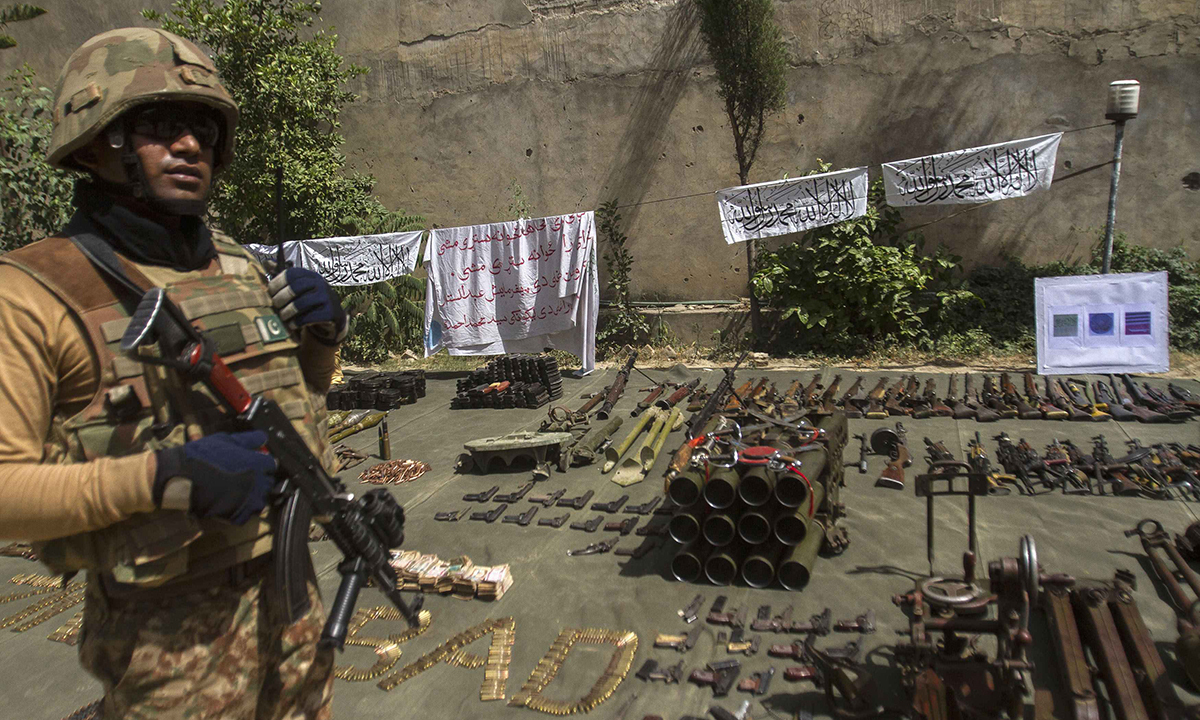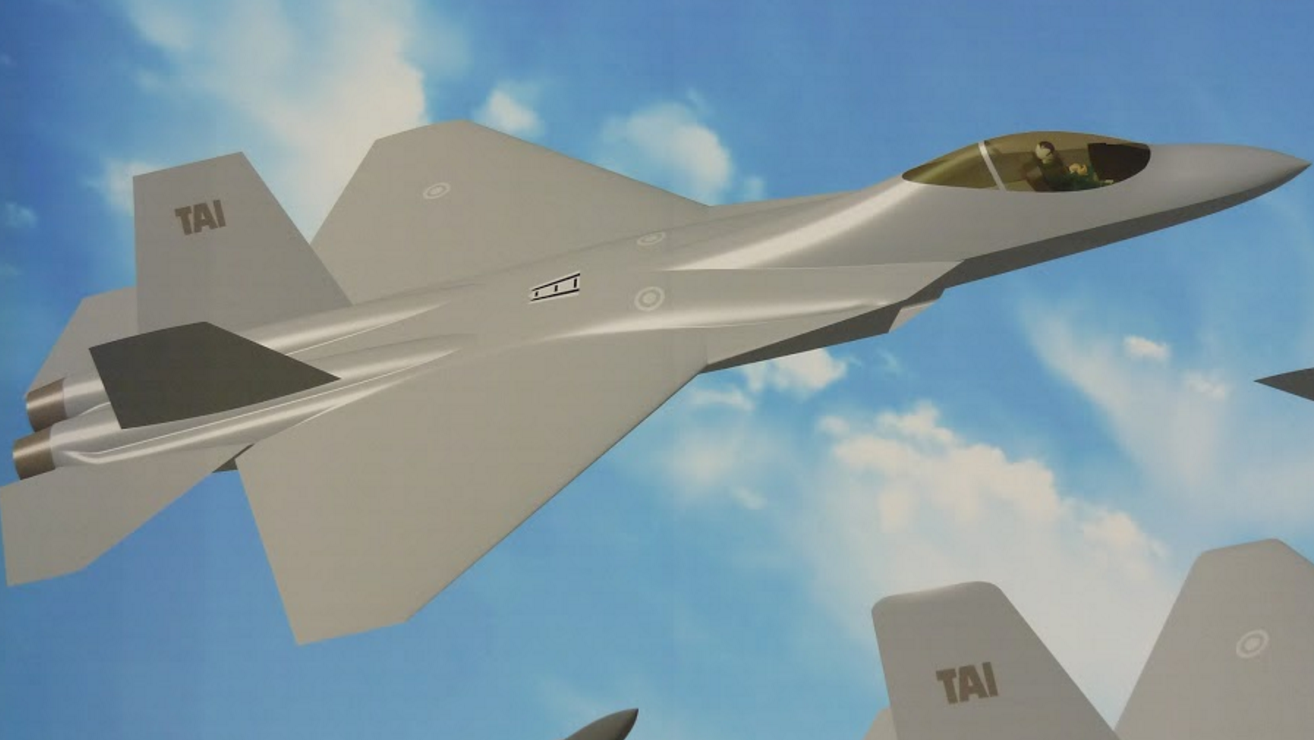2957Views 2Comments

The U.S.-Pakistan counterinsurgency relationship will continue
Note: This article is not an opinion on HR 6069’s validity in terms of whether Pakistan is or is not a State Sponsor of Terrorism. Rather, this piece is an attempt at illustrating why the fact of the matter (of Pakistan’s culpability or lack thereof) itself is not going to decisively alter U.S. foreign policies in the region.
On Tuesday, two U.S. Congress members – Congressmen Ted Poe and Dana Rohrabacher – had introduced Bill HR 6069, or “Pakistan State Sponsor of Terrorism Designation Act”, to the House of Representatives.
Congressman Ted Poe, who is also the Chairman of the House Subcommittee on Terrorism (along with Mr. Rohrabacher) wrote in his press release regarding HR 6069:
“Not only is Pakistan an untrustworthy ally, Islamabad has also aided and abetted enemies of the United States for years. From harboring Osama bin Laden to its cozy relationship with the Haqqani network, there is more than enough evidence to determine whose side Pakistan is on in the War on Terror … It is time we stop paying Pakistan for its betrayal and designate it for what it is: a State Sponsor of Terrorism.”
In regards to New Delhi’s hopes to have Pakistan branded as a State Sponsor of Terrorism, it is important to establish several facts. First, irrespective of the merit in Congressman Poe’s assertion, the U.S. Congress is unlikely to push for decisive changes to U.S.-Pakistani relations before the end of the Obama administration’s tenure. This was very clearly communicated by Senator Ben Cardin, a Ranking Member on the Committee on Foreign Relations, during a committee hearing in early September.
Second, a move as sharp as branding Pakistan a State Sponsor of Terrorism does not (at this time) align with the U.S.’ framework of dealing with Islamabad. America’s defence relationship with Pakistan is driven by the objective of stabilizing Afghanistan in a manner that best suits the long-term strategic interests of the U.S. Pakistan’s baggage, be it real or perceived, has not entirely displaced the value the U.S. has apparently placed on the tens of thousands of Pakistani soldiers deployed and currently present in the Federally Administered Tribal Areas (FATA).
Yes, the perceptual mark of having Osama ibn Laden under its nose in Abbottabad will remain, as will the view that Pakistan is – at best – selective of what it deems a valid terrorism threat. However, at the end of the day, Washington would prefer to have Pakistan maintain its tens of thousands of regular soldiers – who by now are highly experienced in counterinsurgency (COIN) operations – to remain in FATA than to not have that level of support at all.
Dr. Daniel Markley, a Senior Research Professor and Academic Director at the John Hopkins School of Advanced International Studies, stated during a Senate Foreign Relations Committee hearing:
“Top U.S. policymakers appreciate that the inadequate cooperation we have from Pakistan today is probably better than none at all. They also know that Pakistan and the United States do face some common enemies, including al-Qaeda, the Pakistani Taliban, and ISIS, even if we don’t see eye-to-eye on other fronts.”
From severely weakening al-Qaeda in the region to having (albeit in some respects an indirect) impact on dampening the momentum of the Taliban, Pakistan’s engagement in the U.S.-led war effort in the region has been acknowledged. Yes, all sides will argue over the value of that engagement, but in the end, it has been substantive enough for U.S. policymakers to use as a baseline.
With most countries, including Iran (which is labelled a State Sponsor of Terrorism), shaping behaviour is a policy objective. Such measures cannot be done by burning the bridges necessary to build the requisite influence and relationships to achieve such an objective.
Enhancing Pakistan’s COIN capacities, whether it be through training, sharing intelligence, or armaments – such as the sale of 15 Bell AH-1Z Viper dedicated attack helicopters – is an element of that U.S. policy. In fact, the policy opinion being conveyed at this time in the U.S. is to maintain a defence relationship with Pakistan, but one tailored to steer Pakistan into fully backing U.S. COIN and anti-terrorism interests.
Where COIN is concerned, a subsection of America’s policymakers and policy thinkers will also advocate for targeted assistance and support in that direction, even if it means agreeing to big-ticket arms sales (when they align with that objective). Unfortunately for Pakistan, this will mean that the U.S. will – at best – be largely ambivalent to Pakistan’s hopes to achieve conventional arms parity with India. Unless vital, financial backing or even approval of high-value armaments such as fighter aircraft will not come readily, as demonstrated in Congress’ decision to refuse Foreign Military Financing support for a proposed sale of eight Lockheed Martin F-16C/D Block-52+ to Pakistan.
Far from branding Pakistan (for all intents and purposes) an enemy, the U.S.’ engagement – at least from Washington’s end – with Pakistan will continue. Yes, the objectives and means to achieve them will keep changing, but the notion that the U.S. will categorically alienate (read: concede) an important asset in a strategically vital region is unlikely to come to fruition. In fact, whether it be in Pakistan or even other regions entirely, the U.S. maintains more complex relationships than it does outright enemies.
One could argue that the actual wild card is, in fact, Pakistan. The country’s top military leadership could change in November with the retirement of current Chief of Army Staff General Raheel Sharif. In 2018, parliamentary elections will be held and a new federal government could come into power.
The recent run of tensions with India could also (though not necessarily) spur tough questions within Pakistan regarding its ties with Washington, especially in light of the fact that the U.S.’ role as a provider of high-tech conventional weapon systems to Pakistan is decreasing. Flexible U.S. military aid and access to big-ticket arms were crucial in building organic support within the Pakistani armed forces for decades, but as that is rolled back, could that organic support be taken for granted?



2 Comments
by SP
What the US says is irrelevant. The US wants to have a strategic relationship with India in order to contain China, in the process it wants to humiliate Pakistan and to beat it into submission where it is unable to make the decisions it needs to. However it knows that if it overdoes the humiliation then it can lose Pakistan to China and Russia forever with no guarantee that India is not playing a double game.
I say we should stop being used by the US. If we look at our history then US has done more harm to us than good. A country controlled by Zionists can never be friendly to Pakistan.
The US still maintains huge intelligence assets in Pakistan that want to serve the US interests at the expense of Pakistans interest. Once the US is not able to blackmail Pakistan its attitude may improve towards Pakistan.
by jamshed_kharian_pak
As written on the USA dollar in God we trust, honestly, we Muslims never trust the USA